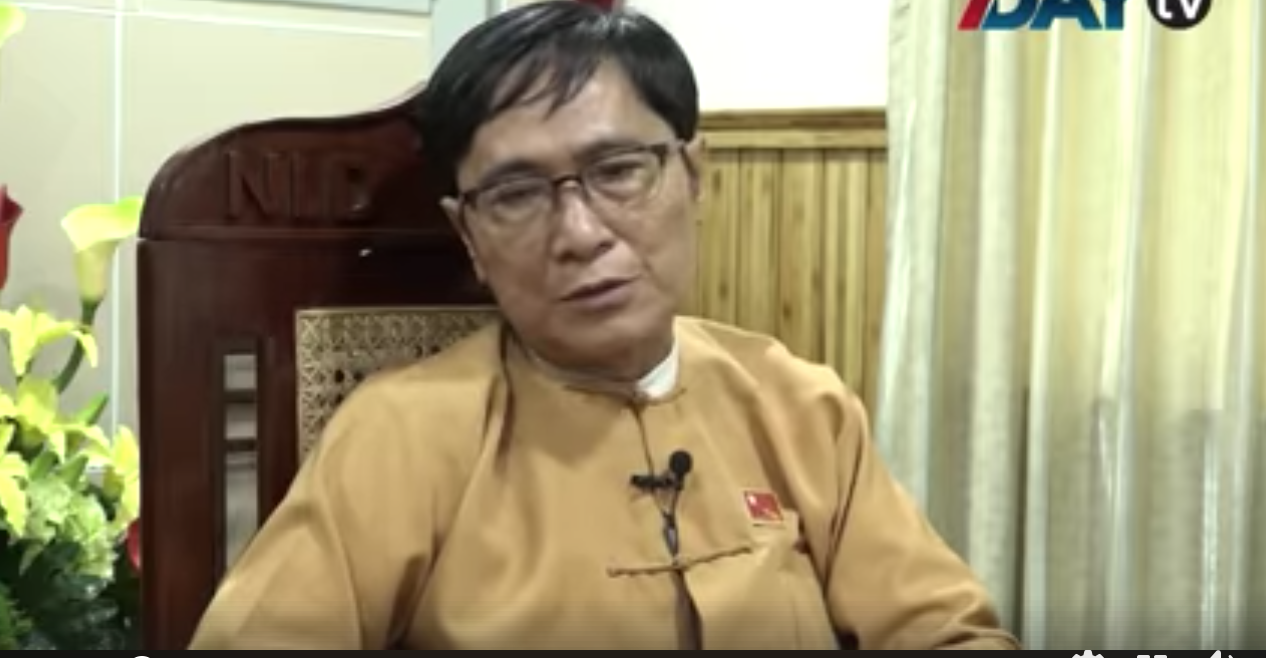The day after UN investigators accused Myanmar military leaders of genocide against the Rohingya and Aung San Suu Kyi of contributing to the atrocities, a spokesman for Suu Kyi’s party dismissed the investigators’ findings and accused the international community of colluding with the Rohingya to help them establish an independent state in what is now Myanmar.
“Hundreds of thousands of people left, and we are fearful that there will be more returnees than people who left and that they will establish their own sovereign land with support from people versed in international law and with money,” National League for Democracy (NLD) spokesman Myo Nyunt told 7Day on Tuesday.
The spokesman also rejected the findings of the UN-appointed fact-finding mission, which submitted its findings to the UN Human Rights Council on Monday and called its members’ integrity and motives into question.
“We need to look into who was part of the investigating commission, whether or not they are objective, whether or not we can trust their evidence and what their evidence is – what you call ‘credibility’. We must look into all of this,” Myo Nyunt said.
He went on: “We’ve said it before – there were no gross human rights abuses in Northern Rakhine. If there were, you must show us the evidence, and we will take action. The evidence must be strong, and we can’t rely on conjecture.”
The NLD spokesman’s remarks are consistent with those given to state media by Suu Kyi’s personal spokesman Zaw Htay yesterday. Speaking to the Global New Light of Myanmar, Zaw Htay said: “Myanmar has zero tolerance to any human rights violation, and there is no exception on it… If there [are] any cases against human rights, just give us strong evidence, record, and date so that we can undertake the investigation into it.”
The Myanmar government and military maintain that its operations in northern Rakhine State last year, which displaced more than 700,000 Rohingya from the country, were a legitimate response to attacks on military installations by Rohingya insurgents. However, rights groups have published findings that the operations were planned weeks in advance of the attacks by the Arakan Rohingya Salvation Army in Aug. 2017.
Moreover, the fact-finding mission found that the operations were consistent with the “Four Cuts” strategy deployed against ethnic armed organizations since the 1960s, which is designed to deprive rebel groups of food, finances, intelligence, and recruits from local civilian populations but inevitably also deprives civilians of basic necessities.





Reader Interactions